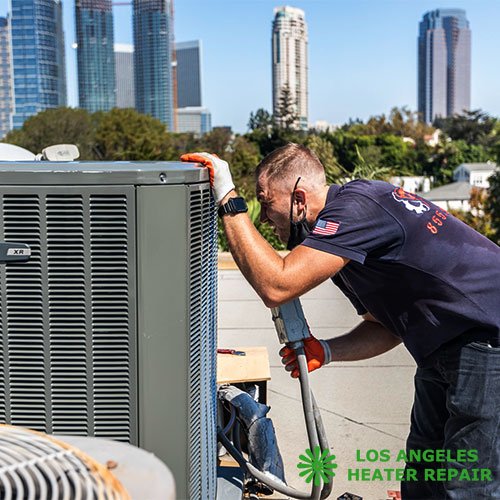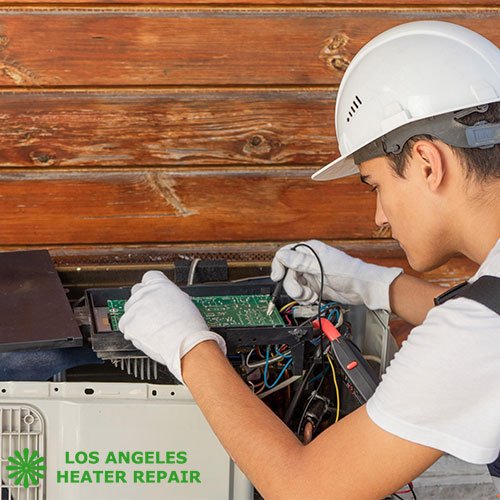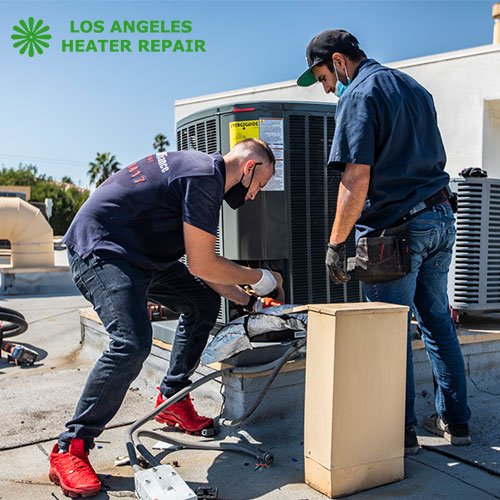
What Should Be The Recommended Humidity With Air Conditioning?
When it comes to air conditioning repair services, it is vital to let a professional and trusted HVAC contractor handle the work to ensure that it is being taken care of, just like Los Angeles Heater Repair. This wouldn’t happen with the help of their team of expert technicians trained to handle any HVAC issues.
The HVAC system has been a part of many homes to provide comfort and warmth no matter what season. It also ensures that indoor air is safe and free from other impurities affecting your health. Each component of the HVAC plays a significant role, such as the air conditioning. Even if it is hot outside during summer, you will still feel cool at home.
Your home has an optimal humidity level that keeps you cool in the summer. When the cold weather comes in, and you need to turn on the heat, the humidity level will drop, making you uncomfortable with dry eyes and itchy skin. As your HVAC professional, the team can help you determine the best way to maintain your home’s humidity level.

You may wonder, what is humidity? And what does it do to your AC units? Take note that high indoor humidity can negatively affect the efficiency and longevity of your air conditioning units, and it can cause health problems in the household. There are two main measures of humidity that will help you to use:
Absolute Humidity: This measures how much water vapor is in the air, regardless of the temperature. The water vapor’s mass is divided by the mass of dry air. To be able to calculate the absolute humidity of a given air volume.
Relative Humidity: It measures the actual amount of water vapor in the air compared to the highest possible amount of water vapor in the air at that temperature. Therefore, warm air can hold more moisture than cool air.
High humidity will make the air feel muggy, stuffy, oppressive, and steamy, among other unpleasant feelings.
The optimum humidity level indoors is between 30 and 50 to 60 percent. You can determine whether your home has high humidity by:
- Most home improvement stores test the indoor air humidity level with a hygrometer.
- Check the windows for condensation and the wall and ceiling for moisture or mold.
However, if your home is too humid, your air conditioning unit must work overtime to ensure you feel comfortable. You will likely be tempted to turn the thermostat down further than normal to get relief from the oppressive humidity. But, if your AC unit overworks, it will run less efficiently and need more maintenance. It will also decrease its lifespan and cost you more with the energy bill.
Air conditioning units are not specifically designed to control your home’s humidity, and they can’t always handle the water vapor levels in the air. Turning on the thermostat of your AC down won’t increase the unit’s ability to remove the humidity from the air.
How Can Humidity Affect The Air Conditioning and Heating
If you need the finest air conditioning repair services, the Los Angeles Heater Repair team is here to help you anytime needed. We also ensure to provide you with information regarding your home’s HVAC system.
People know that excessive humidity can make it an uncomfortable feeling, especially during the summer. When there’s a high humidity level, it has a major impact on the effectiveness of your AC units. What people won’t be able to realize is that humidity often has an effect on the heating system as well as your home.
When your home has a high or low humidity level, attaining optimal indoor comfort is easier said and done. The modern HVAC system includes humidifiers and dehumidifiers that keep the ideal humidity level in check.
Ideally, the air conditioners cool the home by removing the heat and moisture from the air. When the humidity level is high, it must work much harder. If the unit doesn’t have a sufficient cooling capacity, it may not be able to cope with the extreme humidity, which leads to an uncomfortable feeling in your home.
You will know if you have your home has high humidity when:

- Moist and clammy air. Your skin may feel clammy when you are inside your home.
- Foggy Windows. This happens due to humidity and vaporized water in the air. When it comes bottled up in your home, it may cause fog to your windows.
- Musty odor. Excessive humidity causes dampness around your home and can lead to unpleasant odors.
When the humidity level is high, most of the system won’t be able to cope. The humidity affects the air conditioning negatively because it cancels the cooling effect. When the level is too high, your home will feel warmer than it is. You will have to keep your air conditioning unit running but won’t be able to provide the many benefits when using it. To sum it up, you will have to pay more to cool your home but won’t be able to cool it effectively.
The best way to control the humidity is to install a dehumidifier on your HVAC system. This simple appliance will pull the moisture from the air before it is forced through your home’s air ducts. The dehumidifiers can be paid for with the air conditioning system. This allows you to adjust your home’s temperature and humidity level in one fell slide.
On the other hand, if there’s high humidity in your home while trying to cool it during the summer, the low humidity tends to wreak special havoc of its own during the winter. The humidity affects the heating, but it will do the other way around. The humidity level drops dramatically during the winter. In turn, the relative humidity level inside your home drops too. With this, your furnace or the heat pump will work harder, leaving a warm cozy feeling inside your home.
When you need assistance with your home’s HVAC system, let the experts help you. Contact Los Angeles Heater Repair to address all concerns you may need and encounter with your home’s HVAC system.
